

DSCR Loans: Benefits,
Requirements and Costs
For decades, DSCR loan programs have provided tailored financing solutions for investors and business owners seeking to expand their real estate portfolios. These loans are specifically designed for borrowers who prefer qualification based on the cash flow of the property rather than personal income.
With benefits such as flexible approval requirements, no personal income verification, and suitability for multiple property types, DSCR loans empower investors to unlock new opportunities. However, it’s essential to understand the program’s unique features to maximize its potential.
What is a DSCR Loan?
A Debt Service Coverage Ratio (DSCR) loan is a type of financing specifically designed for real estate investors. Unlike traditional loans that rely heavily on the borrower’s personal income, DSCR loans focus on the income generated by the property itself. This makes them particularly attractive for investors who may have non-traditional income sources or multiple investment properties.
The key metric used in DSCR loans is the Debt Service Coverage Ratio, which measures the property's ability to cover its debt obligations. The DSCR is calculated by dividing the property's annual net operating income (NOI) by its annual debt payments. For example, if a property generates $120,000 in NOI and has $100,000 in annual debt payments, its DSCR would be 1.2.
Not sure if you qualify? Find an DSCR lender today!
DSCR Loan Benefits
DSCR loans offer significant advantages for real estate investors. These loans rely on the cash flow generated by the property to determine eligibility, rather than the borrower's income, streamlining the approval process. They are designed to accommodate a variety of property types, including residential, multifamily, and commercial investments. DSCR loans provide competitive terms, fewer documentation requirements, and options like low down payments and interest-only plans. This makes them a practical and scalable solution for investors aiming to expand their real estate portfolios efficiently.
No Personal Income Verification
DSCR loans eliminate the need for tax returns or pay stubs, focusing solely on the property’s Debt Service Coverage Ratio (DSCR). Many lenders approve loans with a DSCR of as low as 1.0, streamlining the process for self-employed or non-traditional borrowers.
Flexible Loan Qualifications
Borrowers can qualify with credit scores starting as low as 620, and down payments typically range from 20-30%. Unlike conventional loans, qualification is based on property performance, minimizing personal financial scrutiny.
Competitive Financing Terms
DSCR loans feature rates typically ranging from 6-9%, interest-only payment options, and terms of 15-30 years. Low down payments and long amortization periods make these loans highly cost-effective for investors seeking strong returns over time.
Flexible Loan Qualifications
Borrowers can qualify with credit scores starting as low as 620, and down payments typically range from 20-30%. Unlike conventional loans, qualification is based on property performance, minimizing personal financial scrutiny.
Diverse Property Eligibility
These loans cover a wide range of property types, including single-family homes, multifamily units, and commercial real estate. Lenders often offer loan-to-value (LTV) ratios of up to 75-80%, allowing financing for diverse investment strategies.
Scalability for Portfolios
DSCR loans make it easier to acquire multiple properties. Investors can secure loans with as little as 20% equity in a property, enabling portfolio expansion without personal income limitations.
1,591 people
found a DSCR lender in the last 24 hours!
DSCR Loan Types
DSCR loans are available in several types, each catering to different investor needs and property types. The most common types include:
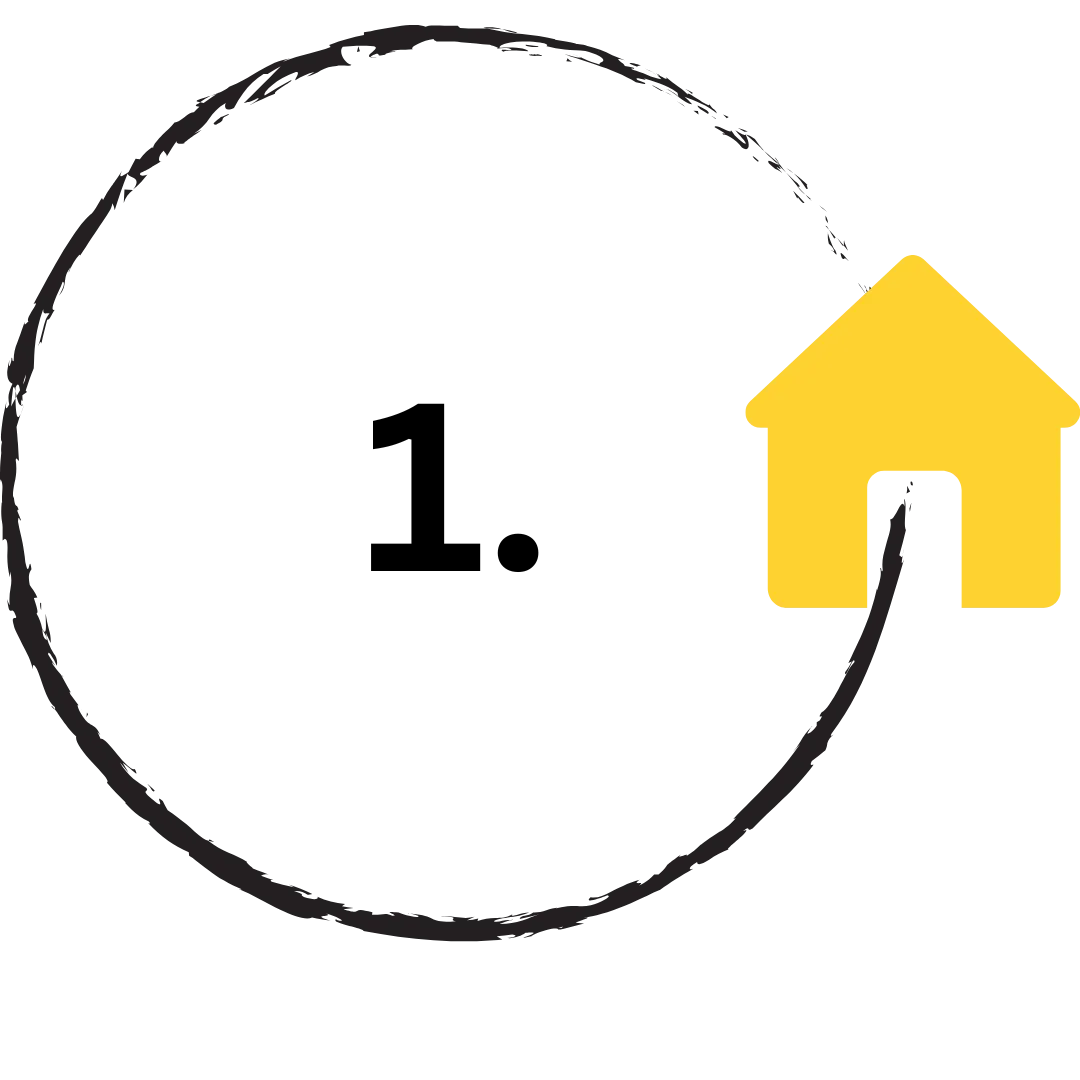
DSCR Purchase Loans
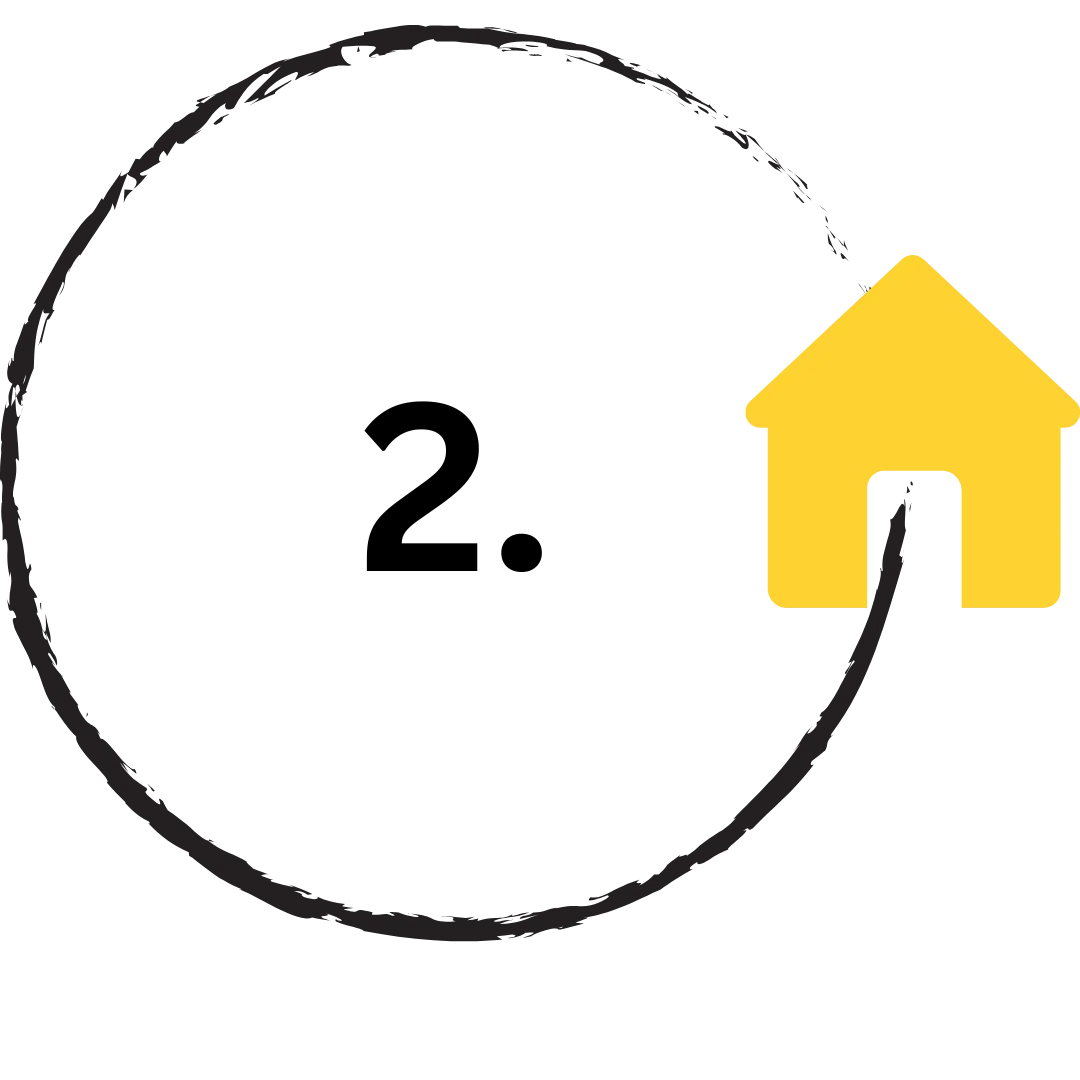
Cash-Out Refinance
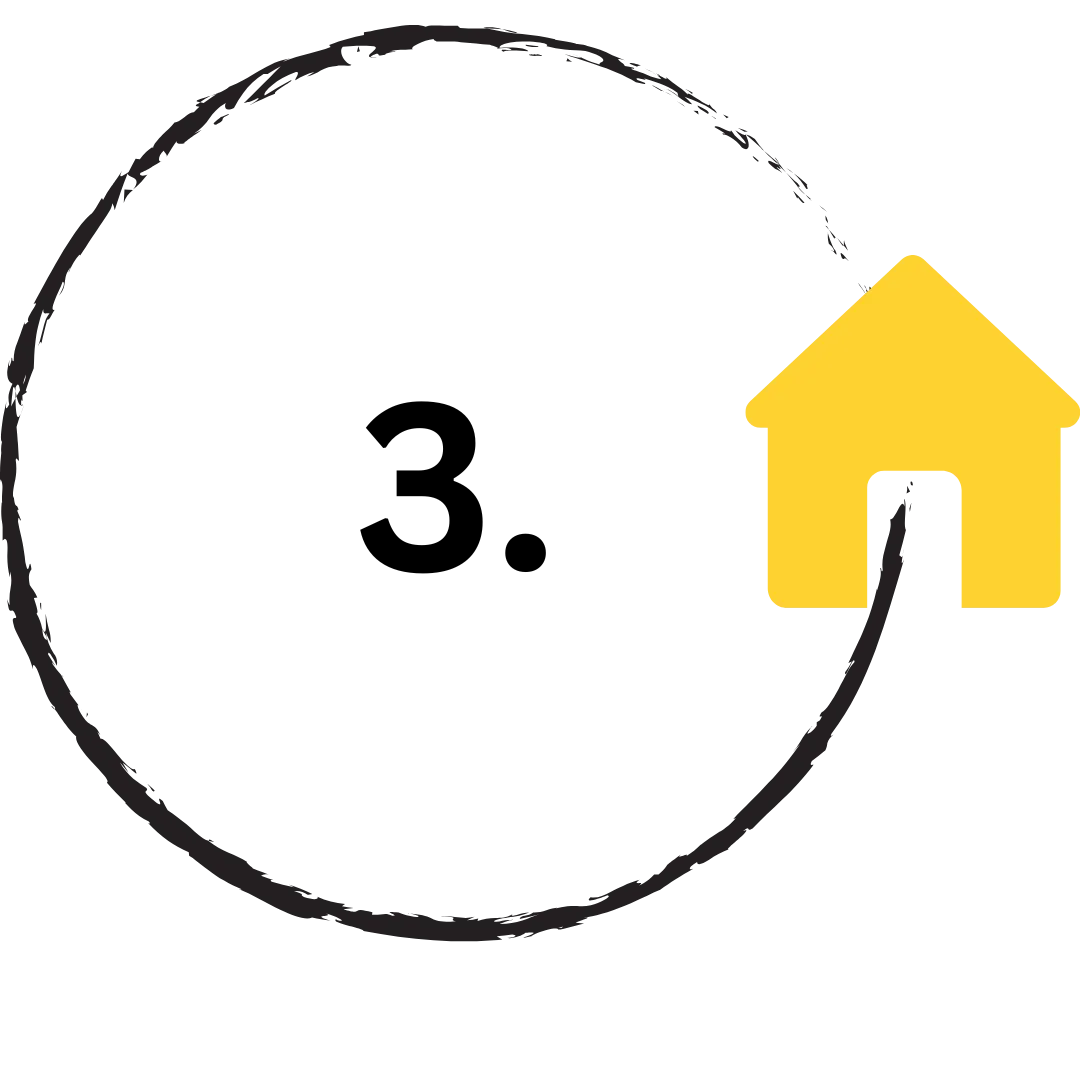
DSCR Rehab Loans
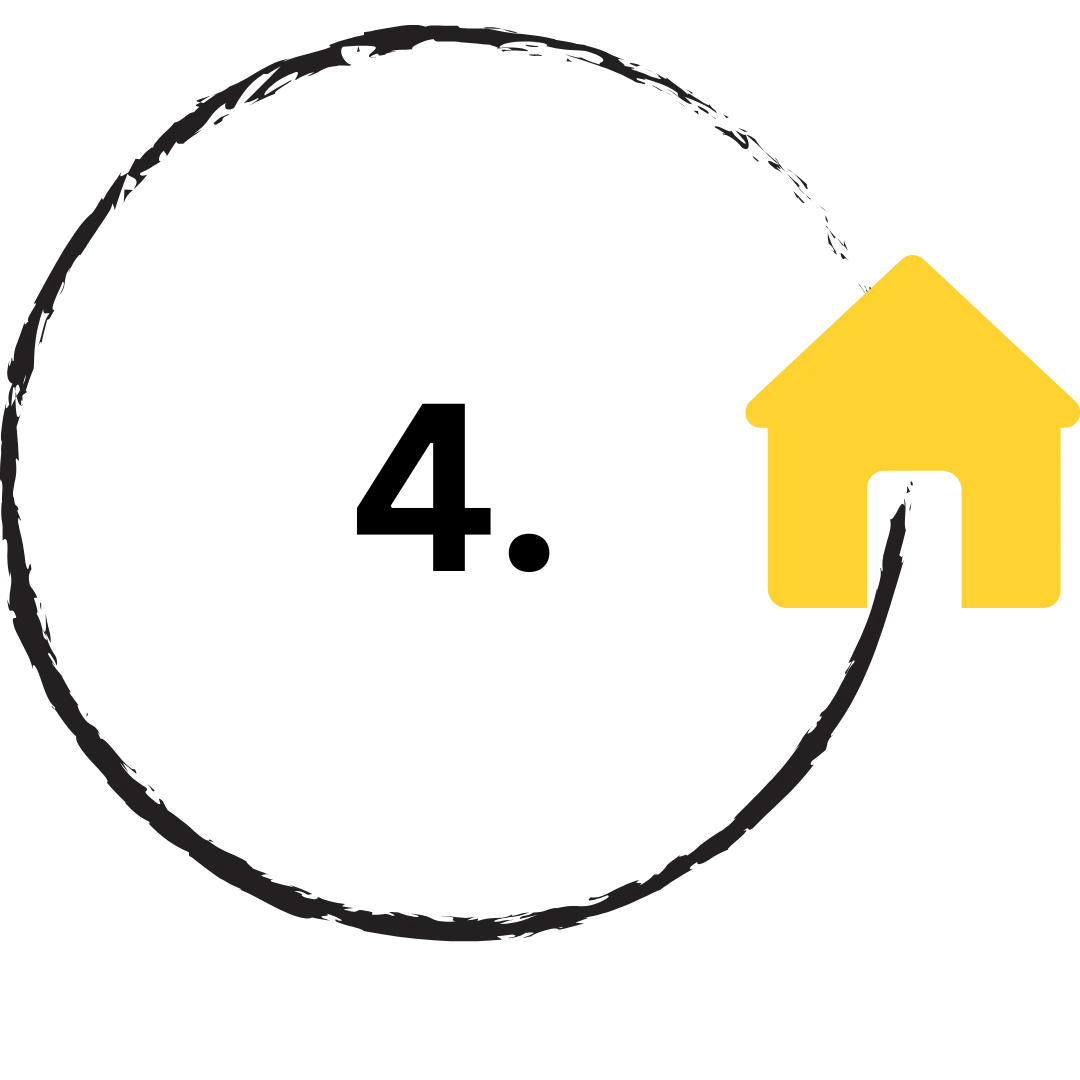
DSCR Portfolio Loans
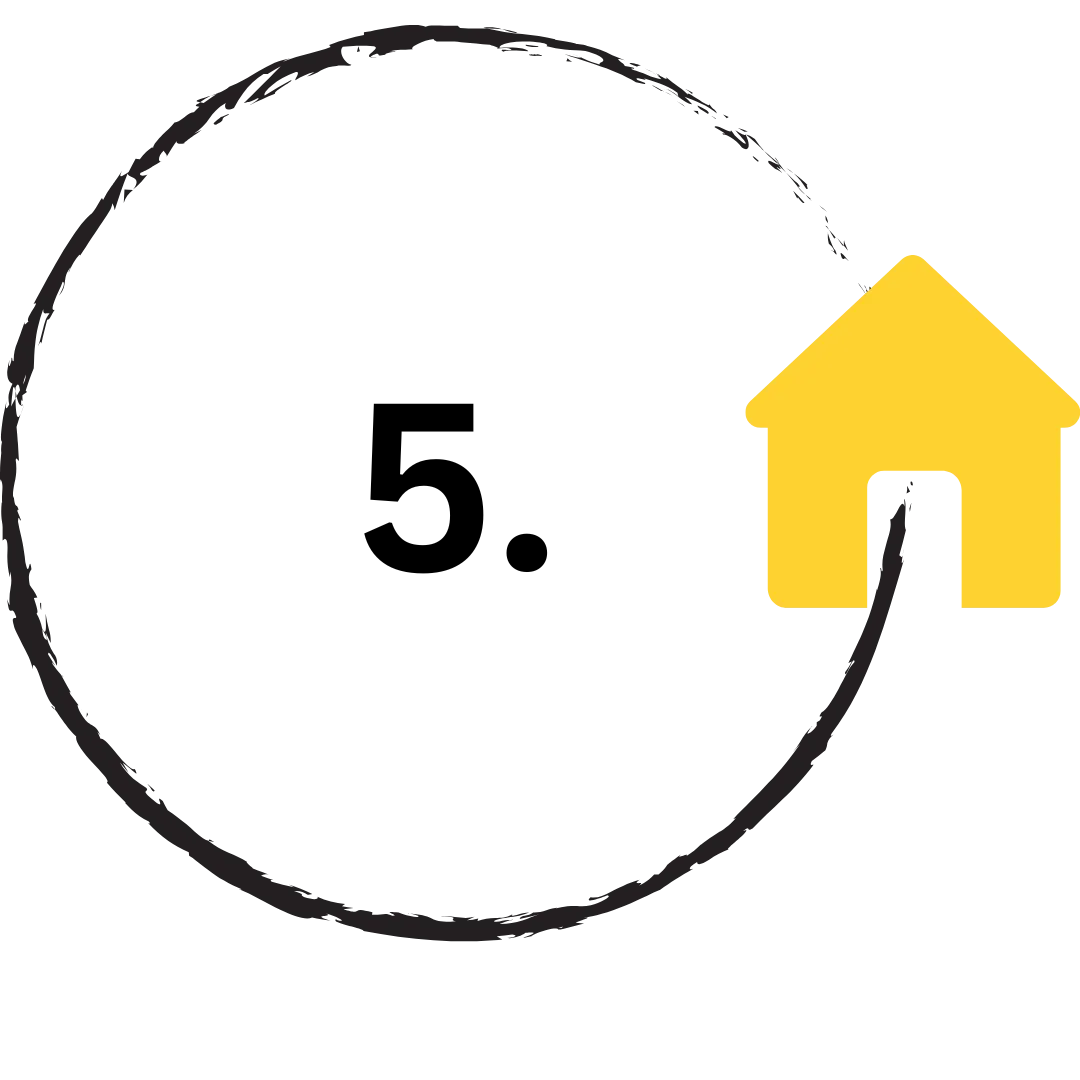
DSCR Short-term Loans
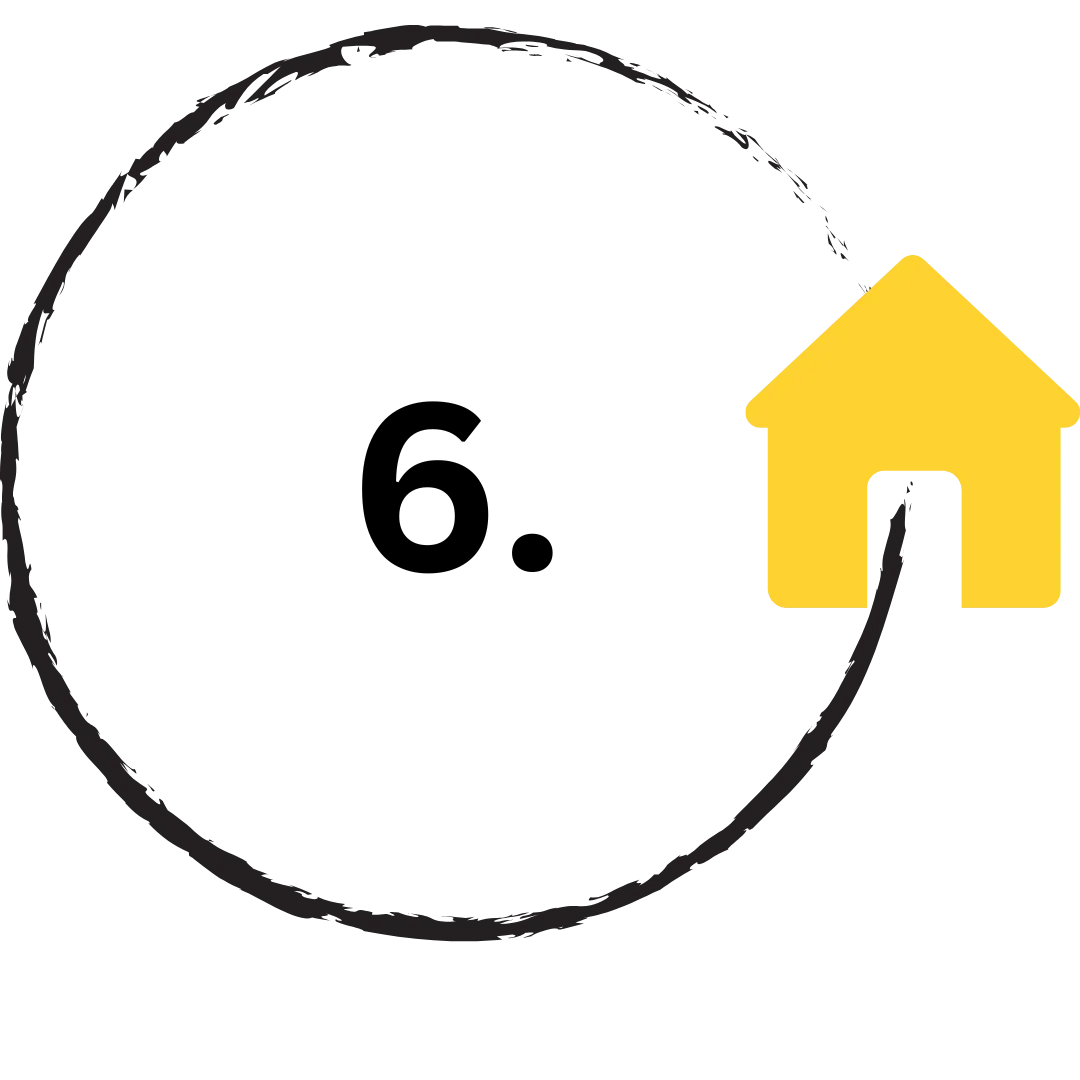
DSCR Bridge Loans
DSCR Purchase Loans
DSCR purchase loans are designed for acquiring income-generating properties. These loans require a minimum DSCR of 1.0 or higher, showing the property generates sufficient income to cover its debt. Typically, a down payment of 20-30% is needed, with loan amounts and interest rates varying based on the property’s cash flow and the borrower’s credit score, usually starting at 620.
DSCR Cash-Out Refinance
DSCR cash-out refinance loans allow investors to leverage their property’s equity, withdrawing funds while refinancing their existing mortgage. Lenders often allow refinancing up to 75% of the property’s value. Borrowers must meet the minimum DSCR requirement, ensuring the property’s income covers the new debt obligations.
DSCR Rehab Loans
DSCR rehab loans finance properties requiring renovations to optimize rental income. These loans typically cover a portion of the property’s purchase price and the renovation costs, often up to 70% of the after-repair value (ARV). Borrowers must meet DSCR criteria based on projected cash flow post-renovation.
DSCR Short-Term Loans
DSCR short-term loans provide temporary financing for investment opportunities, such as quick acquisitions or short-term projects. These loans generally have terms of 6 to 24 months and higher interest rates, often ranging from 8-12%. They focus on the property’s immediate cash flow rather than long-term income potential.
DSCR Portfolio Loans
DSCR portfolio loans consolidate multiple properties into a single loan, simplifying management for investors with large portfolios. Loan-to-value (LTV) ratios typically max out at 75-80%, and DSCR calculations are based on the combined cash flow of all properties in the portfolio.
DSCR Bridge Loans
DSCR bridge loans are short-term solutions used for transitional periods, such as property purchases or refinancing while securing permanent financing. These loans often cover up to 80% of the property’s value and have terms from 6 months to 3 years, with interest rates higher than standard DSCR loans to reflect their short-term nature.
How to Qualify for DSCR Loan
To qualify for a DSCR loan, the primary focus is on the property’s cash flow, rather than the borrower’s personal income. Lenders will assess the property’s Debt Service Coverage Ratio (DSCR), which should typically be 1.0 or higher. Here are the main requirements:

Minimum DSCR of 1.0 (Property income must cover the debt service)

Down Payment: Typically 20-30% depending on the property type

Credit Score: At least 620

Property Details: Including type and location

Rental Income Documentation: To verify cash flow

Appraisal Report: To assess the property’s value
Check your DSCR loan eligibility today!
DSCR Loan Costs and Fees
When securing a DSCR loan, investors should expect certain costs and fees associated with the loan process. Common fees include:

Origination Fees

Appraisal Fees

Closing Costs

Insurance and Taxes

Prepayment Penalties
Origination Fees
Origination fees are charged by the lender for processing and underwriting the loan. Typically, these fees range between 0.5% to 1% of the total loan amount. These fees help cover administrative costs and can sometimes be negotiated depending on the lender and loan terms. Understanding these fees upfront can help you estimate your total borrowing costs.
Appraisal Fees
An appraisal is required to assess the value of the property you are financing. Appraisal fees can vary significantly based on the type and location of the property. The lender typically requires this report to ensure the property’s value aligns with the loan amount, and these fees are generally paid upfront as part of the loan application process.
Closing Costs
Closing costs include various fees necessary to complete the loan transaction. These costs often include title search and insurance fees, attorney fees, inspection fees, and document preparation fees. The total cost of closing can vary by location and lender, but it's essential to budget for these expenses as part of your loan process.
Insurance and Taxes
Insurance and taxes are often required upfront as part of a DSCR loan's closing process. Property insurance costs typically range from $1,000 to $3,000 annually, depending on the location and property type. Property taxes, which can be 1% to 3% of the property's value annually, may also need to be prepaid at closing. These upfront payments ensure the property is protected and compliant with local regulations.
Prepayment Penalties
Prepayment penalties are fees charged if you pay off your DSCR loan early, typically within the first few years of the loan term. These penalties can range from 1% to 5% of the loan balance. While not all DSCR loans have prepayment penalties, it’s essential to review your loan terms carefully if you plan to refinance or sell the property early.
DSCR Loan Refinancing
Refinancing a DSCR loan can help investors lower their monthly payments, access equity, or adjust loan terms to better suit their needs. Depending on your goals, there are several types of refinancing options available:

Rate and Term Refinance: Refinancing to secure a better interest rate or adjust the loan term.

Cash-Out Refinance: Taking out additional funds based on the property’s equity for other investments or improvements.

Streamline Refinance: A simplified refinancing process that typically involves less paperwork and lower fees
Applying for a DSCR Loan
When applying for a DSCR loan, the process is similar to other real estate financing options, but with a focus on property cash flow. The first step is to find an experienced lender who specializes in DSCR loans. Your lender will assist you with the following:

Assess your DSCR to ensure the property’s income covers the debt service

Confirm DSCR loan suitability based on your investment goals

Pre-approval letter to strengthen your offer when purchasing a property

Order a property appraisal to establish the property’s value

Process the loan and submit it for DSCR approval
Not sure if you qualify? Find an DSCR lender today!
Qualify for a 20% Down
DSCR Investor Loan
DSCR loan feature a low down
payment and more flexible guidelines
Copyright @ dscrloanlender.com 2020 All Rights Reserved.
No advertisement or solicitation from dscrloanlender.com is meant to be a mortgage brokering activity or mortgage lending activity. All brokering or lending activities can only be completed by a licensed loan originator. To see if your loan officer is licensed in your state, please go to http://www.nmlsconsumeraccess.org/
